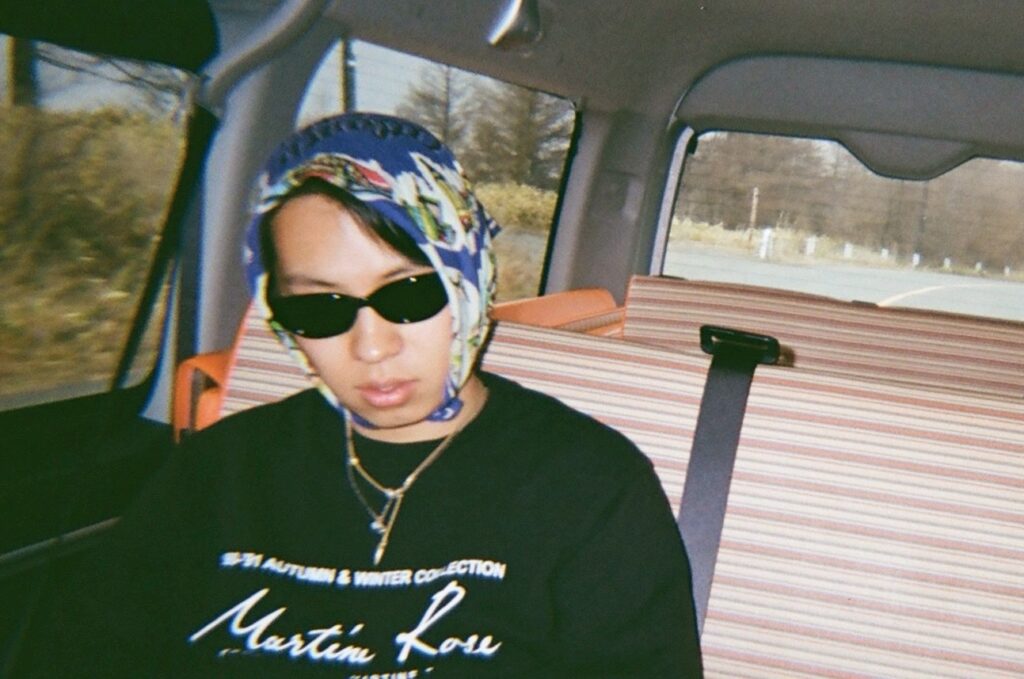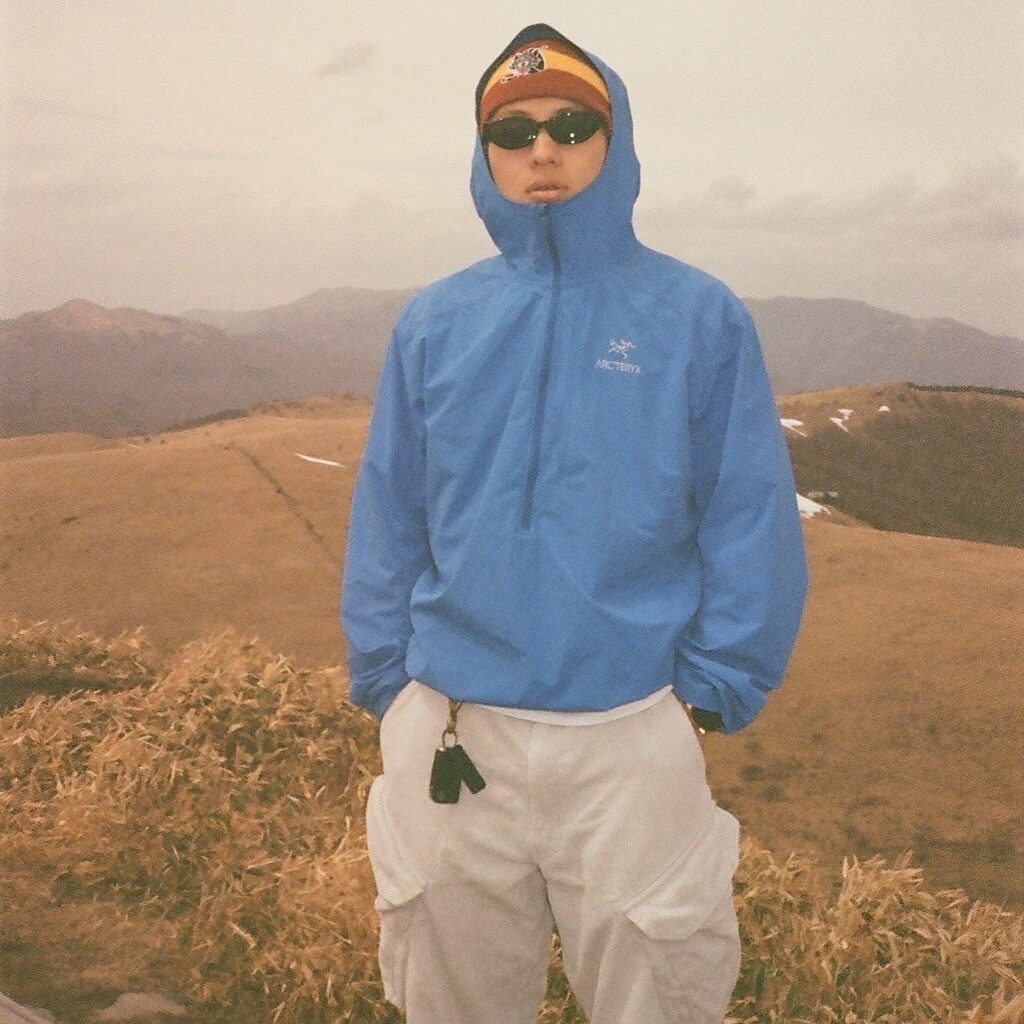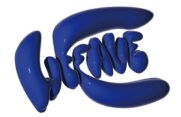
A night when I felt swallowed by the city of Tokyo—that’s when this song was born.
RAFcheek continues to portray the city’s chaos and club culture in his own words, holding onto the stance of “singing reality.” We spoke with him about the thoughts behind his new song “ONE MORE LOVE,” his perspective on Tokyo, and his relationships with friends.
── Let’s talk about your new song “ONE MORE LOVE.” What sparked its creation?
“I probably started working on it around October or November last year. It was during a time when I was really tired of the city—like, ‘Why does time move so fast? Why does everyone seem so drained?’ That night, I quickly recorded something at home, and that became the basis for the hook.
I sent the demo to Rui (from Y’s CAMP), whom I’ve been close with, asking, ‘Wanna do this together?’ By the next morning, he had already returned a version with all his lyrics on it. That’s when it really began.”
── The word “escape” shows up in the lyrics too.
“Yeah. I’m the type who believes I should only sing about what’s actually happened to me, so I don’t force dark or edgy worldviews into my music. (I’ve never done anything shady anyway.) Instead, I’ve always wanted to write something hippie-like, something that contrasts Tokyo’s noise with nature. Rui loves the mountains, and a lot of Y’s CAMP members are into nature too. Being around people like that made me think, ‘There’s this kind of escape too, huh.’”
Tokyo has changed—from “sparkling” to a city that keeps chasing you
── Where are you originally from?
“I’m from Senzokuike in Ota Ward, Tokyo. I’m 26 years old now.”
── Has your view of Tokyo changed over time?
“It really has. Up until five or six years ago, I used to think of Tokyo as a sparkling, glamorous place. Back when VISION in Shibuya was open and hip-hop was booming, I was kinda happy when my college friends from out of town said, ‘You seem so Tokyo.’
But now that I’ve started working, all I see are people looking down in packed trains, people who seem like they’re being chased by money or expectations. Tokyo is full of ambition, but everyone, including myself, always seems like they’re being pursued by something—365 days a year.”
How COVID shaped my creative mode—and changed the club scene
── Many artists started during the pandemic. Was that true for you?
“I think it definitely had an impact. In 2022, I started making music with Taishi from a crew called KUROJI, and began appearing on streaming platforms as a featured artist. I released my solo work in 2024, which was completely post-COVID.
So I feel like I’m only able to do what I do now thanks to the people who kept the scene alive during the pandemic.”
── How has the club scene changed before and after COVID?
“I started going out when VISION was still open, and I barely made it to places like BED in Ikebukuro. But a lot of the younger generation is stepping into the scene without ever having experienced those places.
Still, I think there’s real momentum right now. More and more people are into hip-hop. So I hope listeners actually go to shows and feel it for themselves.
When you dig into the culture and see who’s holding it up, it makes the whole thing even more fun.”
My roots: “Hana to Ame,” KANDYTOWN, and local heroes
── Who are your musical roots or artists you respect?
“There are two kinds—my ‘origin’ and my ‘inner circle.’
The first time I heard something like rap was in middle school, when I listened to SEEDA’s “Hana to Ame.” That got me slowly into the genre, and when I heard KANDYTOWN’s first album around 2016, it hit me hard—maybe because my mom loved Black music too. That was when I seriously thought, ‘I want to make music like this.’”
── And from your inner circle?
“Taishi from KUROJI, Y’s CAMP, and Salvador Mani.
Salva went to the elementary school next to mine. When I saw him on “High School Rap Championship,” that was the first time I thought, ‘Hey, maybe I can actually do music too.’ Now we’re working on tracks together.”
“ONE MORE LOVE” is meant for the festival stage
── Any festivals you want to play in the future?
“Definitely Ringo Ongakusai. Y’s CAMP played there two years ago and I thought, ‘Outdoor festivals really are the best.’
And of course, Fuji Rock is the dream. When I heard Rintaro Okura (from Shintokyo) played there, I was like, ‘Man, that’s amazing.’”
Fashion as part of storytelling
── Your outfit in the MV was striking. Tell us about your connection with Pickyou.

“Pickyou was started by two friends my age—Kota and Rio. I met them when I was 21. Kota is an artist who’s done collabs with Nike and TATRAS, and a filmmaker named IK introduced us.
For the MV, I was like, ‘Please help me!’ and they styled the outfits.”
The one I call “Sensei”
── Anything else you’d like to say?
“IK has had a huge influence on me. He was my high school classmate, and I still call him ‘Sensei.’ Everything he’s doing now is a major motivation for me.”
Even while struggling to keep up with the speed of society, RAFcheek wants to create music that offers a way out for someone.
That quiet resolve was deeply present in both his words and his stance.
“ONE MORE LOVE” is a small flame that will warm someone’s heart on a night when the city feels overwhelming.
